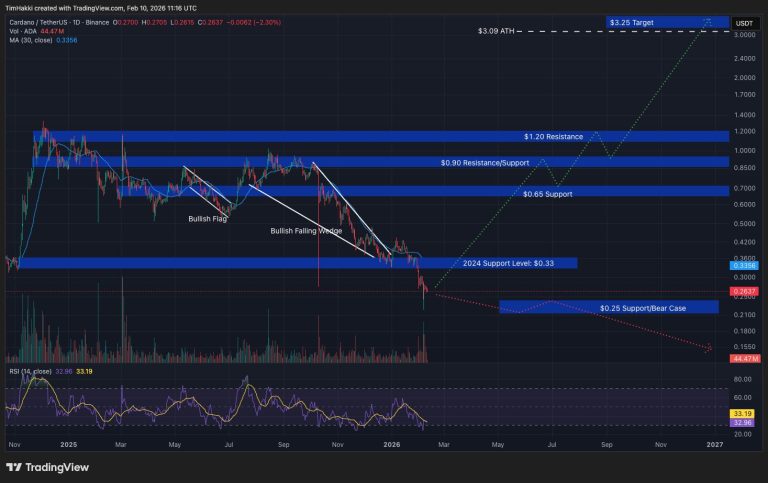Last updated:
 Why Trust Cryptonews
Why Trust Cryptonews

South Korea’s Financial Services Commission (FSC) revealed on October 10 plans to investigate Upbit, the nation’s largest cryptocurrency exchange, over concerns about its market dominance.
Upbit exchange currently controls a high percentage of the crypto market, raising alarms among lawmakers who worry that the platform is becoming too powerful.
This concern intensified after Upbit’s partnership with K Bank, a deal that fueled the exchange’s rapid growth.
Upbit Exchange & K-Bank Partnership Draws More Scrutiny
According to a report by local news outlet Einformax, FSC Chairman Kim Byung-hwan stated that the agency is aware of potential monopoly issues surrounding Upbit exchange and will closely examine its ties with K-Bank to ensure compliance with regulatory standards.
The scrutiny began during a National Assembly audit on the same day when Democratic Party lawmaker Lee Kang-il raised concerns about Upbit’s dominance in the crypto market.
Rep. Lee disclosed that Upbit’s deposits at K-Bank have surged to 4 trillion won, representing 20% of the bank’s total deposits of 22 trillion won. This deposit increase solidifies Upbit’s leading position in the market and raises concerns about financial stability.
Such a large concentration of deposits from a single source can create an imbalance within the banking system, potentially exposing the bank and its customers to heightened risks.
Lee highlighted that although K-Bank’s operating profit margin is less than 1%, it offers a notably high interest rate of 2.1% on deposits made by Upbit exchange customers.
He argued that this arrangement violates the principle of separation of finance and industry, a critical rule in South Korea’s regulatory system meant to prevent conflicts of interest.
Lee believes Upbit’s close relationship with K-Bank could undermine this safeguard, leading to potential financial instability.
FSC Chairman Kim acknowledged these concerns and stated that the agency will address the issue through the recently implemented Electronic Financial Transaction Act, which was enacted on September 15.
Insights into K-Bank Business Model and Upcoming IPO
K-Bank has been a vital banking partner for Upbit since at least 2021. However, this relationship has come under scrutiny, especially with local media reports suggesting that as much as 70% of K-Bank’s deposits are linked to cryptocurrency.
Such heavy reliance on digital assets raises concerns about the stability of customer deposits, particularly if the market faces disruptions or a crisis occurs, such as a bank run or a serious hack at Upbit.
While Upbit has maintained a strong security record since a major breach in 2019 that resulted in a loss of approximately $49 million, the threat of hacking remains prevalent. Given this backdrop, one cannot help but question how long the exchange can continue to avoid serious security issues.
The lack of clear regulations, as illustrated by Rep. Lee, has seemingly allowed the bank to flourish alongside Upbit, raising questions about the potential risks involved in such a concentrated financial relationship.
Compounding these challenges is that K-Bank is navigating a critical period in its business strategy.
The bank recently filed for an initial public offering (IPO) in Seoul to raise $3.7 billion. This IPO would mark the largest South Korean listing in nearly three years.





















